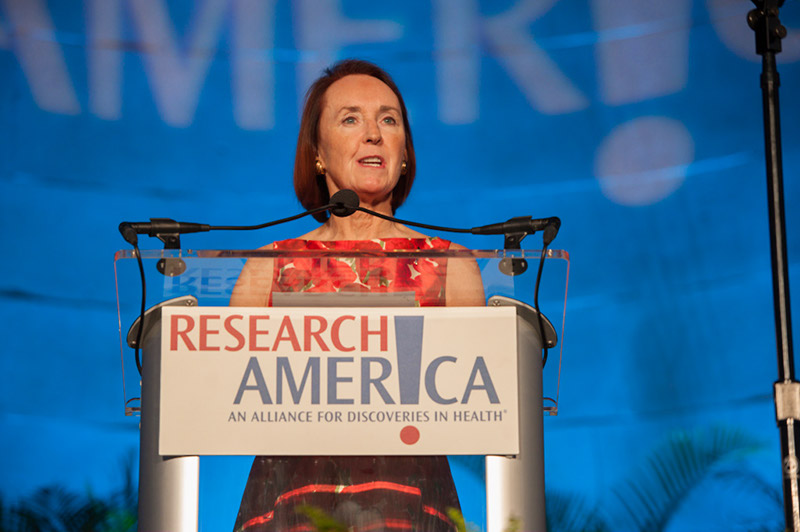Inaction is a Choice

 Dear Research Advocate:
Dear Research Advocate:
I write tonight’s letter grieving for the Parkland, Florida victims’ families and all those touched by yesterday’s shooting. Americans should feel safe to gather at a concert, go to work, go to school, and live our lives without fear of gun violence. Sadly, as I have noted too many times before, (see this post-Las Vegas weekly letter and statement post Orlando), our nation’s leaders are failing to act. We urge that this time be different.
President Trump has decried the tragedy and announced a trip to Parkside. HHS Secretary Azar asserted before Congress that gun violence research will (finally) go forward again at the Centers for Disease Control and Prevention (CDC), and Surgeon General Jerome Adams is calling for a cross-sector effort to prevent gun violence. As advocates, our role is to ensure these statements translate into action.
The President’s Budget was released on Monday. Despite language suggesting alignment with the last week’s bipartisan deal that raised the budget caps, the president’s proposal instead backtracks, funding the National Institutes of Health (NIH) and National Science Foundation (NSF) at FY17 levels, dramatically underfunding the CDC (see the relevant editorial from today’s Post and Courier), and neglecting other key health and science agencies. Further, the Administration proposes incorporating the Agency for Healthcare Research and Quality (AHRQ) and several other HHS agencies into NIH, the reasoning behind these changes unclear and the funding insufficient.
When it comes to AHRQ, as I argued in an interview with The Scientist, the proposed organizational change will not help combat our nation’s health and fiscal challenges. If AHRQ were funded at three times its current budget, that would only amount to $3.00 per American per year to identify much needed ways to fix our broken health care delivery system. You can read more in Research!America’s statement on the budget.
One positive element of the president’s proposal is support for heightening the nation’s efforts to address opioid addiction and unmet mental health needs. On this point, he is aligned with public demand and the intent of the Congress. Another bright spot is a robust increase for systems improvements at the Food and Drug Administration (FDA).
As is the norm in recent years, the president’s budget includes a variety of legislative proposals outside the appropriations arena. Among them are several that target federal prescription drug spending. As is also typical of recent budgets, these proposals are extreme in nature (e.g. one-drug-per-class formularies), and are unlikely to gain traction in Congress.
While informative as a statement of Administration priorities, the president’s budget is a proposal, not a mandate. Congress can (and typically does) go its own way.
Research!America sent a letter this week to congressional and appropriations committee leaders thanking them for raising the budget caps and urging them to deploy the resulting funding flexibility in FY18 to speed medical and public health progress. And, consistent with our joint #RaiseTheCaps ad campaign, we organized a letter from the CEOs of 25 prominent science organizations making the case for greater federal investment in R&D across all the agencies that support and conduct it. Take a moment to reinforce either or both of these complementary asks, using these editable emails.
Today we held a Research!America alliance member meeting to discuss the president’s FY19 budget and other salient advocacy topics. A thank you to special guests from PCORI Greg Martin and Andrew Hu, who provided a terrific overview of the Institute’s exciting work. Alliance members will receive a recap of the meeting shortly.
President’s Day is coming up on Monday. One of those we honor is President Abraham Lincoln, who famously commented that “public sentiment is everything; without it, nothing is possible; with it, anything is possible.” Support for science, like all else, depends upon the good opinion of the public. A new report from the American Academies of Arts and Sciences reviews the current state of public perception. It’s mixed news; check out the findings here.
Please join us as Research!America invites our member organizations to join the Board of Directors and distinguished guests for our 2018 Annual Meeting and luncheon on Wednesday, March 14, noon–2:00 p.m. ET in Washington, D.C. The meeting will feature a keynote address by House Science Committee Ranking Member, Congresswoman Eddie Bernice Johnson (D-TX) and a panel discussion on the latest developments in mental health research.




